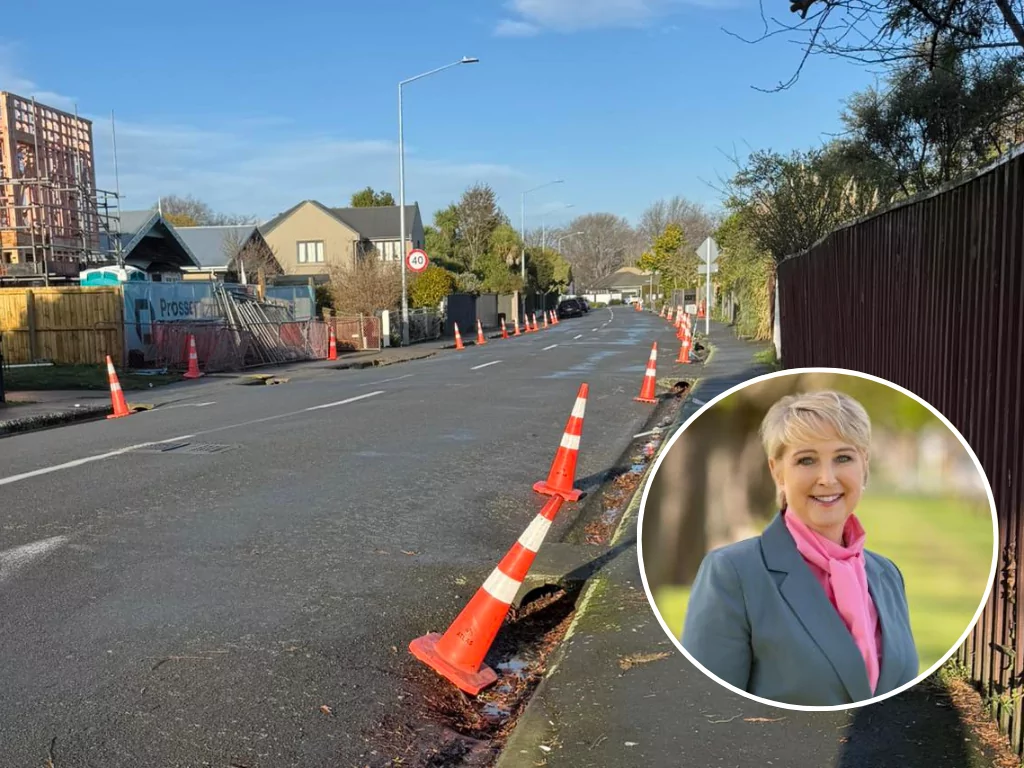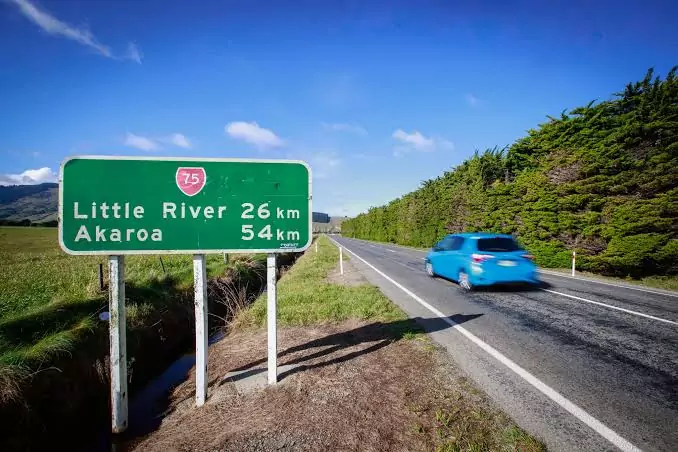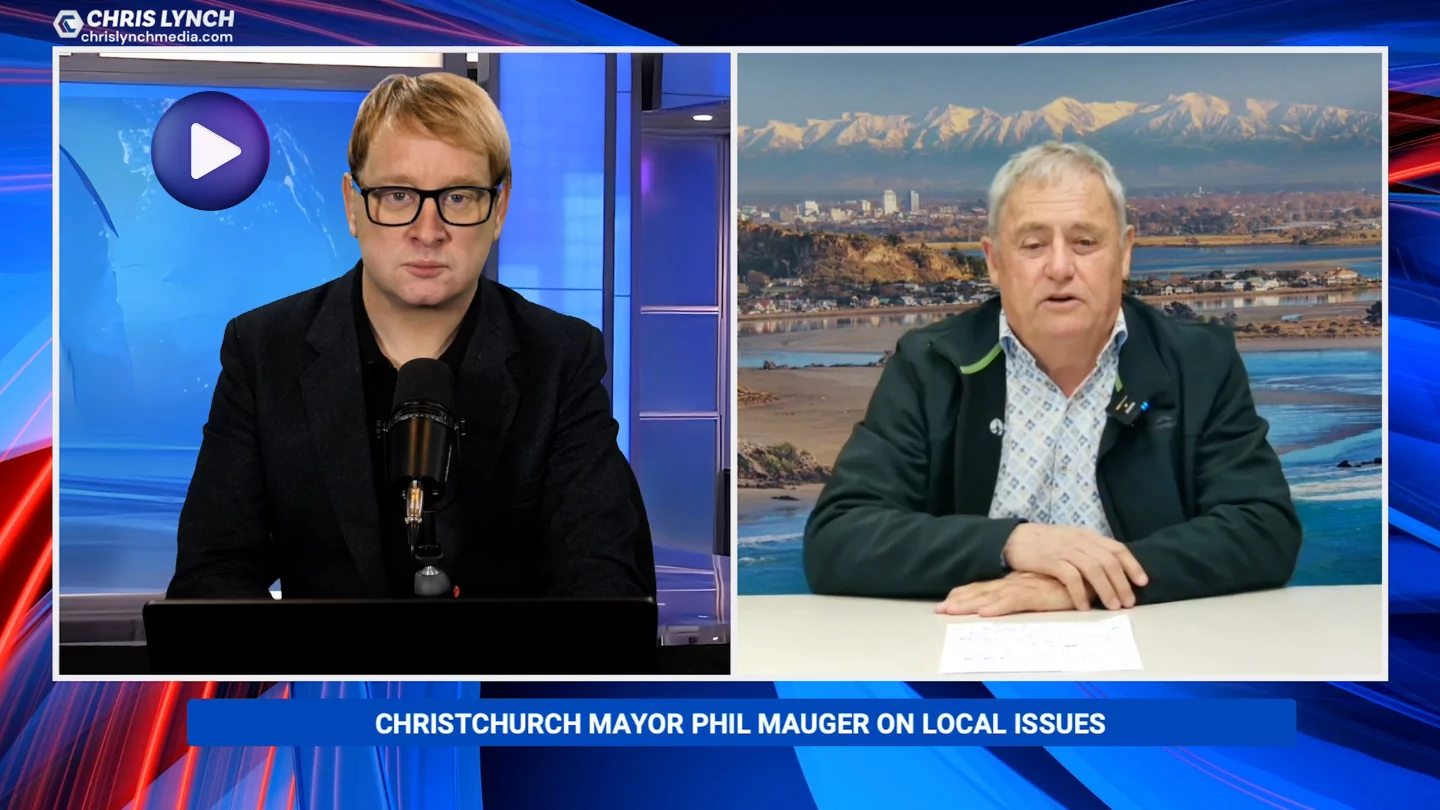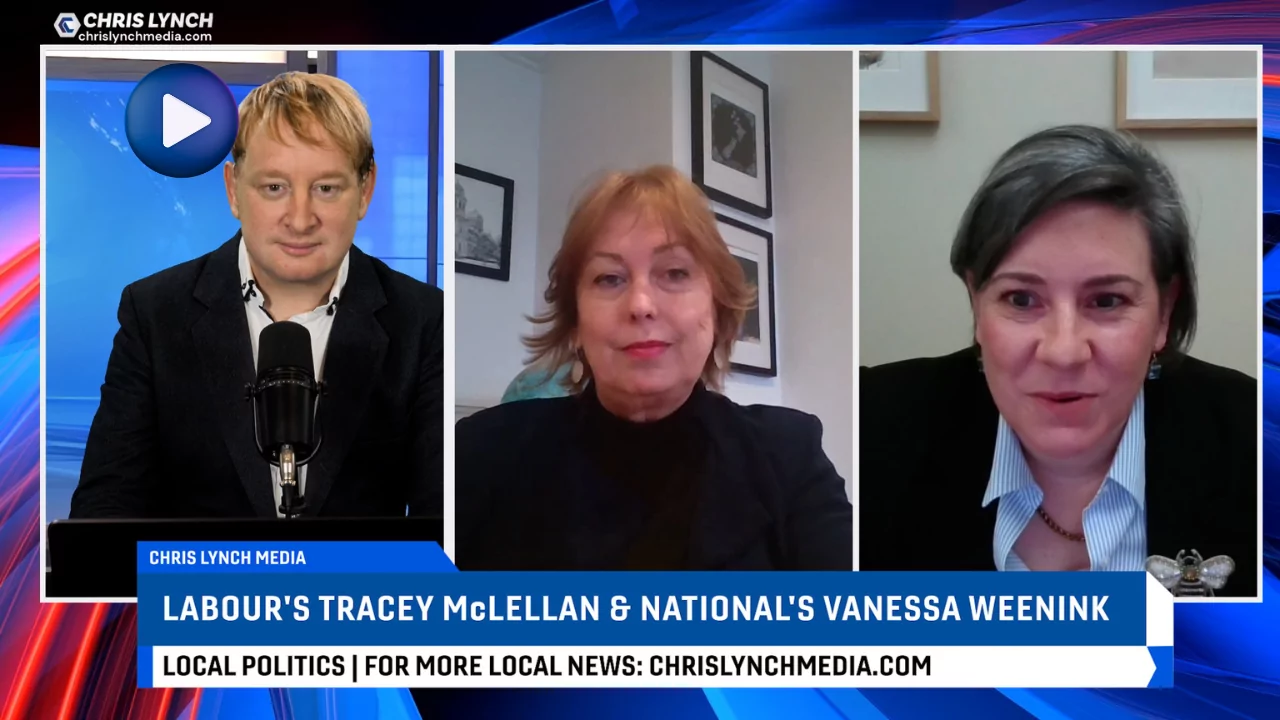The Government has released its Emissions Reduction Plan.
It includes “increasing access to electric vehicles, beginning the process of decarbonising heavy transport and freight and helping more people to walk, cycle and take public transport.
The Government said it will support businesses to improve energy efficiency and move away from fossil fuels, such as coal, by continuing to roll out the Government Investment in Decarbonising Industry fund, banning new low- and medium-temperature coal boilers and phasing out existing ones.
It also wants to introduce an emissions pricing mechanism for agriculture, accelerating the delivery of agricultural emissions reduction tools and technologies for farmers and farming businesses through the establishment of a new Centre for Climate Action on Agricultural Emissions.
It wants to reduce the amount of waste (including food waste) going to landfills, investing in waste infrastructure and expanding landfill gas capture, establish native forests at scale to develop long-term carbon sinks and improve biodiversity, accelerating the supply of woody biomass to replace coal and other carbon intensive fuels and materials “driving mission-led innovation in some of the most challenging parts of our economy through climate innovation platforms and the wider research, science and innovation system.”
Just over $650 million has been allocated to “decarbonising industry” over the four-years.
Phasing and allocation of funding to decarbonise industry
Over seven years approximately $1 billion will be spent on:
$600m towards an expanded process heat fund
-
Nationally available contestable funding
-
Streamlined process for smaller projects
-
Partnerships with biggest emitters
-
Enabling infrastructure and supply of low emission fuels to support decarbonisation, such as network upgrades
-
Regionally targeted decarbonisation based on plans through the Regional Energy Transition Accelerator (RETA)
-
Technology diffusion
$40m for commercial space and water heating decarbonisation
-
Switching fossil fuel space and water heating to renewable energy and to be more energy efficient in the commercial sector.
-
-
$330m towards assisting businesses, including small and medium businesses, to upgrade to more energy efficient equipment
The Government wants to empower Maori when comes to climate change.
The Government said it will work with Māori to embed partnership and representation – to uphold Te Tiriti principles, processes and mechanisms will be resourced and designed alongside Māori to help tangata whenua to actively participate in the climate response.
Energy section responds
Energy Resources Aotearoa CEO John Carnegie said “this plan is a poor piece of public policy. It will make it much more expensive for New Zealand to attain its net zero emissions target by 2050.”
“The Government’s Emissions Reduction Plan will impose enormous complexity on the energy sector and broader economy, while forcing consumers to pay more at a time when they can least afford it.”
“Greater pay for bus drivers might be high on the Government’s list of priorities, but such a policy is completely divorced from the goal of reducing emissions. The Government needs to be held accountable for its spending, rather than shoehorning in all sorts of policies under the guise of climate change.”
“The Government has decided in some cases when businesses and households must act and what their choices should be. That will lead to higher costs.”
“The climate does not care whether it costs $30 or $300 to prevent a tonne of CO 2 equivalent from being emitted to the atmosphere – but consumers, businesses and households do.”
“By trying to pick where emissions should be reduced, at which rate and when, will impose unnecessary and unjustifiable costs upon Kiwi businesses and households.”
Carnegie said the Emissions Trading Scheme remains the best tool at the Government’s disposal to reduce emissions. Given the total amount of emissions is capped under the ETS, the burden of proof for any policy that will operate under the cap is even higher.
Agriculture gets a free pass in Emissions Reduction Plan
“Agriculture gets a free pass” in Emissions Reduction Plan
SAFE Chief Executive Officer Debra Ashton said the Government has announced no meaningful plan to reduce emissions in agriculture, instead opting to invest in more research projects.
“The Government’s plan fails to reduce land-use emissions and neglects to mention sustainable plant-based agriculture.”
“The IPCC warned that to avoid catastrophic outcomes, greenhouse gas emissions must peak by 2025 and be reduced by 43% by 2030. At the same time, methane would also need to be reduced by about a third.”
“Recently, the Netherlands initiated a plan to assist their farmers and reduce the impact of intensive animal agriculture. Farmers will have access to a buy-out scheme to either exit the industry, or transition to more sustainable farming systems.”








